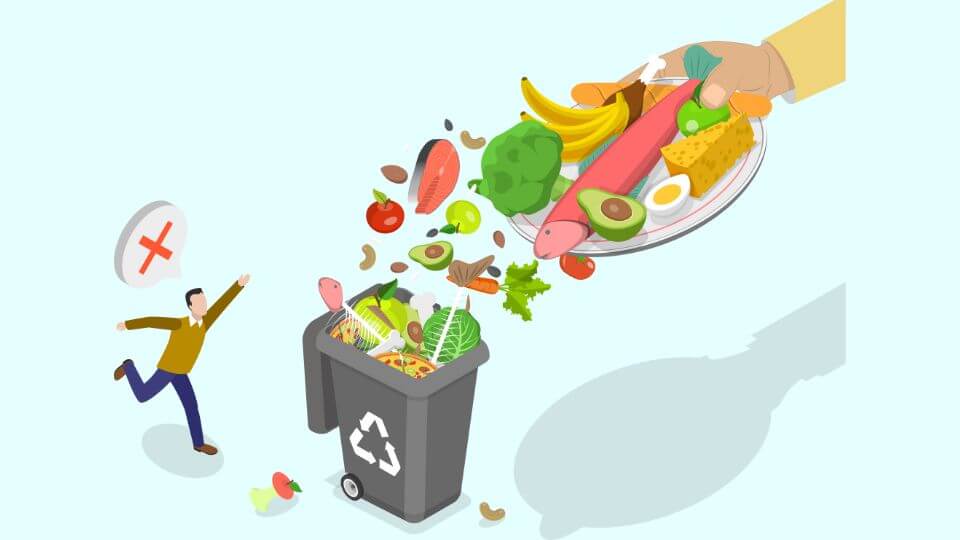Stuart Brough, executive chef at Hilton Glasgow highlights a byte-sized solution to tackling the event industry’s food waste problem.
Elegant attire, good food and VIP treatment, what’s not to love about a good business event? But beyond the glitz, glamour and gourmet meals lurks a much bigger problem; food waste. It is estimated the average event wastes about one fifth (15-20%) of the food it produces. Mass amounts of uneaten food go from plate to waste, ultimately ending up in landfill where it sends putrefied greenhouse gases up into the atmosphere. And given the size and scale of some events, that’s a staggering amount of waste.
While the issue of food waste is not new and there are initiatives in place to tackle the problem, it still stands as a major economic and environmental issue when it comes to events. As more and more businesses prioritise environmental, social and governance-friendly practices in line with government targets, the demand for sustainable business events grows. This means venues without initiatives in place to tackle food waste and other climate issues are becoming less appealing for event organisers. Fluctuating attendance numbers and the fear of running out means kitchens and caterers often prepare more food than needed to ensure every guest is fed. And while that is an important factor, accuracy and efficiency are equally important – that’s where AI comes in.
AI can help reduce food waste by allowing venues and caterers to accurately monitor and analyse leftover food. This provides insight into the amount of food that is being eaten to help predict demand, and in turn, optimise portion control to minimise spoilage. At Hilton Glasgow we use this technology in smart bins. Supported by an AI-powered food waste management software from Winnow, we’ve been able to identify waste patterns that help us make more informed choices about the food we put on the plate. This allows us to significantly reduce wastage, particularly at large business events.
It’s not just the environment that benefits. The technology also allows us to gauge if our food is staying fresh, particularly for our green produce. This means we can make informed decisions, like whether a new supplier is needed, to ensure guests are getting quality in every dish. As a venue that regularly hosts business events, guest experience is top of our priority list.
In the age of advanced technology, one thing is certain; AI is here and it’s showing no signs of slowing down. There are a variety of initiatives that are proving how AI can be a driver in addressing the food waste challenge at events. While these technologies cannot solve the food waste problem alone, they are a powerful tool, and one that is very much within reach.















